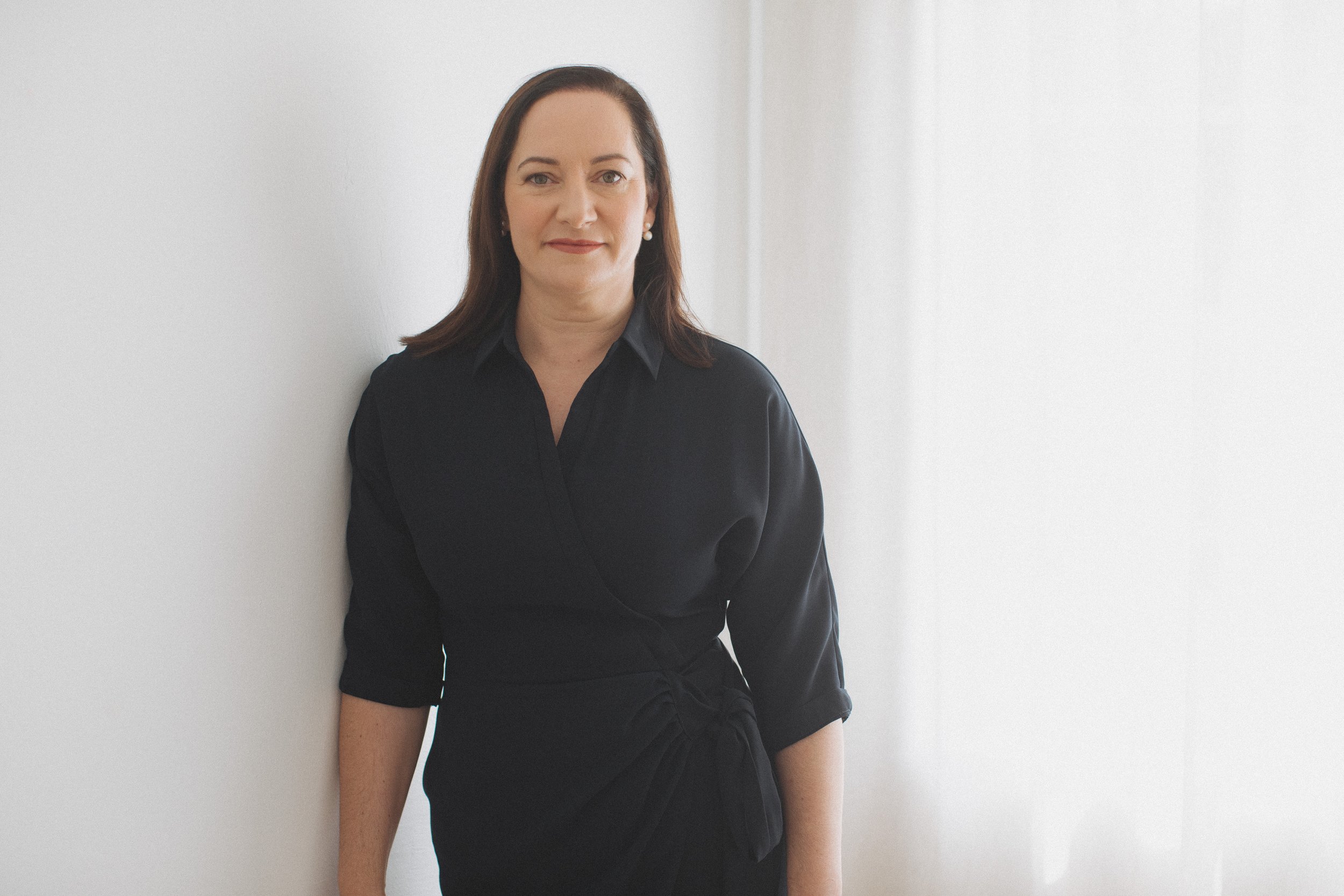
WHY MUSIC?
By Dr Anita Collins, neuromusical educator
We all know that music can be a powerful influence in young people’s lives and futures. It’s their favourite hobby, equal to gaming and ahead of sport, drama and dance. And there’s a growing body of academic research that shows how it can help with social and emotional, cognitive and personal development. We asked Dr Anita Collins, the world-renowned educator, researcher and writer in the field of brain development and music learning, to summarise the benefits as seen by neuroscientific research. Read on, or download the e-book. We hope you enjoy it as much as we did.
Music education benefits every child
There is a commonly held belief that learning music should only be for those students who are identified as talented or interested. Neuromusical research has shown that music learning can benefit all students in terms of cognitive development.
Our auditory (sound) processing network has been found to be our largest information-gathering sense. Our auditory processing network is our first active sensory network at birth, it never turns off even when we sleep, and it is often overlooked in educational settings.
The only learning area that develops our auditory processing network to a high level is music. This is why so many skills that children learn through music are transferable to all other learning areas.
There is also a commonly held belief that music should only be learned by those who will excel at it. Talent as we know it may not be an on-and-off switch, rather music learning looks and feels easier to some students because of their genetic predispositions.
MUSIC LEARNING, ESPECIALLY BETWEEN 3-12 YEARS OF AGE, SUPPORTS THE NEURAL FOUNDATIONS FOR ALL LEARNING.
Music learning helps literacy & numeracy
Literacy: music learning has been found to …
assist with word decoding
improve young readers understanding of language syntax
increase the speed at which children learn new words
counteract the negative effects of a low socio-economic background on children’s literacy development
improve phonological awareness for specific language sounds more than direct phonological training
improve comprehension in beginner readers
improve comprehension in those students experiencing reading difficulties
Numeracy: music learning has been found to …
improve cognitive control
improve numerical cognition
enhance divergent thinking
reduce mathematical anxiety symptoms
enhance tasks switching efficiently
increase cognitive processing speeds
increase IQ scores by an average of 7 points
Music learning helps executive function & social skills and wellbeing
Executive function: music learning has been found to …
improve our memory for procedure
improve young readers attention for language learning
develop creative and innovative thinking patterns: divergent thinking
enhance the ability to stay on task and not get distracted: inhibitory control
increase cognitive speeds and brain synchronicity
improve memory for spoken instructions and directions
increase students ability to maintain attention
Social skills & wellbeing: music learning has been found to …
improve empathy and kindness
promote greater levels of social engagement through life
give greater capacity to manage depressive periods
assist the development of trust and respect in social groups
improves psychological wellbeing and self-regulation
improve personal decision making skills
improve immune and brain health
Musically trained students perform better academically
Music learning promotes the development of improved neural functioning, and this transfers across to all learning, and is evident in higher academic performance.
Music learning is a highly cognitively challenging learning experience, it teaches persistence and resilience for many years.
It promotes higher levels of neural connectivity, synchronicity and consistency and requires exceptional brain and body coordination.
MUSICALLY TRAINED CHILDREN USE LESS COGNITIVE ENERGY AND UTILISE MORE DIVERSE THINKING TO COMPLETE A TASK.
Find out more about Anita Collins’ music education advocacy membership portal.
Copyright 2023. Unless otherwise indicated, all materials on this page is copyrighted by Muse Consulting trading as Bigger Better Brains.
“The RTM grant has transformed my teaching this year. The quality of instruments are outstanding, this has transferred to pupils attainment, enjoyment and progress”
LISA BANNON, GRASMERE PRIMARY SCHOOL, HACKNEY

